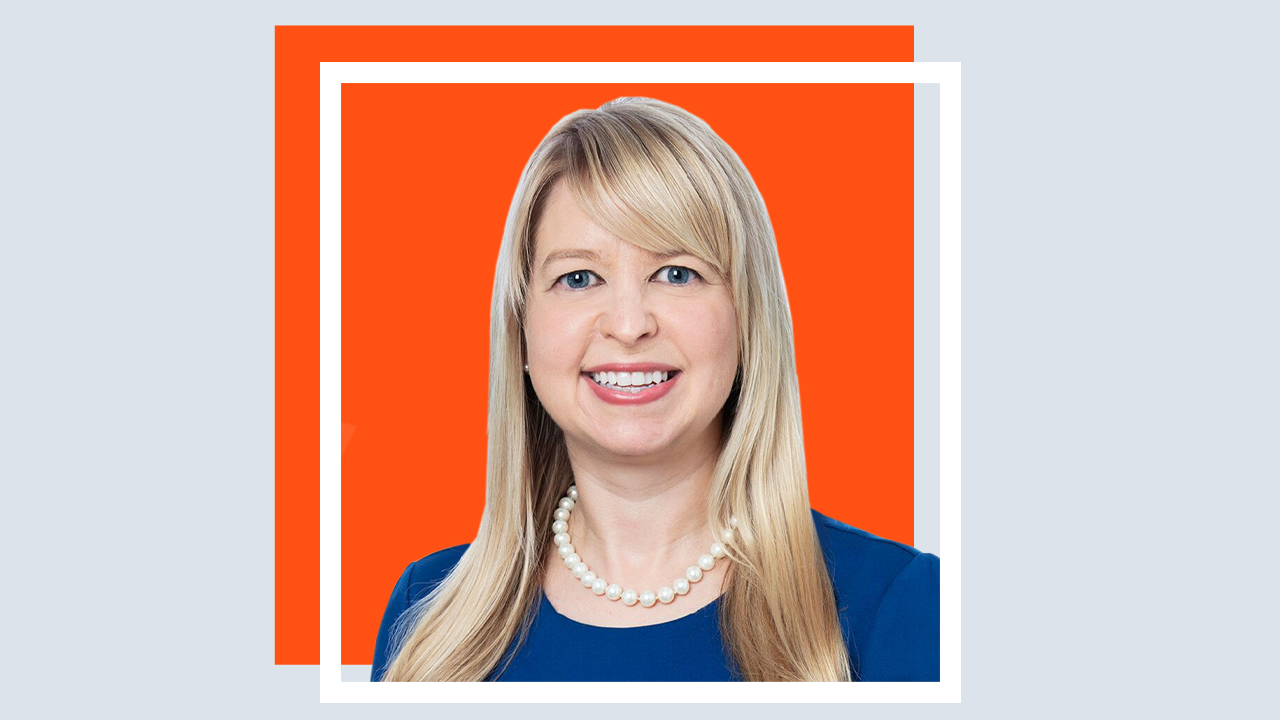What is your role at Quontic?
I lead Speciality Banking, a newly formed division, that was actually created for me. I suppose this begs the question, what is Specialty Banking at Quontic? Quontic is on a mission to break the system for financial empowerment and to do that, it means we will always need an incubation or innovation lab of sorts. That’s Speciality Banking, but my role changes every day. With PLUS by Quontic, I identify, establish, and maintain high-value relationships with large depositors. I work a lot with our strategic partners, especially in the fintech sphere. We don’t want to recreate the wheel, just partner with folks that are best in the industry. I also love people, and at the end of the day, that is who we are trying to empower financially, so I spend time talking with others in the industry and our customers. Ultimately, we want to be an incubator for innovation and then scale that to other banks and create a new kind of bank-to-bank market that isn’t selling products or services but value creation.
Why did you choose Quontic as your employer?
Quontic is more than an employer and it’s more than a bank to me; it’s an idea, a concept of what a financial institution could be, free of pre-existing connotations and that drew me in. I have had this nagging sense that I didn’t quite fit at community banks, like a square peg in a round hole, and then all of a sudden I fit when I met Quontic. Prior to Quontic, I have been in the industry for 18 years. I’m very familiar with hundreds of banks because my former role was in correspondent banking– which is a bank for banks. I worked with a lot of banks that failed in Florida during the Great Recession. So I had a front-row seat, and a backstage pass, to see what best practices (and worst practices) were. I saw some really great things. I felt like I was curating this master list of things to make a great bank greater, as well as what to stay away from. I had all this knowledge, but I wasn’t meeting a lot of community banks that were at the forefront of not only innovation, but digital innovation. Everyone was interested, but very few banks that I had talked to in the past 10 years were really gung-ho and embracing what they could be with all this digital innovation. Then I met Patrick and Steve, and from the minute we started talking, all of the stuff that had been kept in cobwebs in my mind, all these ideas that community banks should be embracing, they were the exact things that were in the works at Quontic. So you have this marriage of Quontic, who is on that path, and me who has been observing that path for 10 plus years. It just seemed like the perfect place to actually put into practice all of the ideas I’d been collecting for all of my career.
What's the last great quote you read?
“Lift everyone around you up and you’ll rise, too.” – Steph Gordon
Define the word Quontic, for the dictionary
It means: Breaking the system for financial empowerment!
Quick, name another word that starts with: Q
Quality.
Why does breaking the system for financial empowerment matter to you, personally?
I think to create incremental financial empowerment for others, it means we have to discard the assumption that everyone is equally financially literate and truly get to know the customers of today. Sure, everyone can agree to that, but who actually does it? I’m saddened by how few people actually know what a Certificate of Deposit it and how it works compared to, say, a Money Market Account. If you haven’t grown up around someone teaching you about your financial options, you have to rely on people around you to not only educate you but to even think of educating you on something like that. This mindset leaves a lot of people out because they aren’t given the opportunity to learn about these financial products. We don’t have a system currently that provides that education to everybody on an equal basis. If we can be transparent and serve, not sell, we can get to some of these folks that aren’t traditional bank customers or have felt that a traditional financial institution doesn’t serve their needs. And maybe that’s because some of them don’t serve their needs. And we can understand better what their needs are and cater our products to them, not to build products that cater to us.





